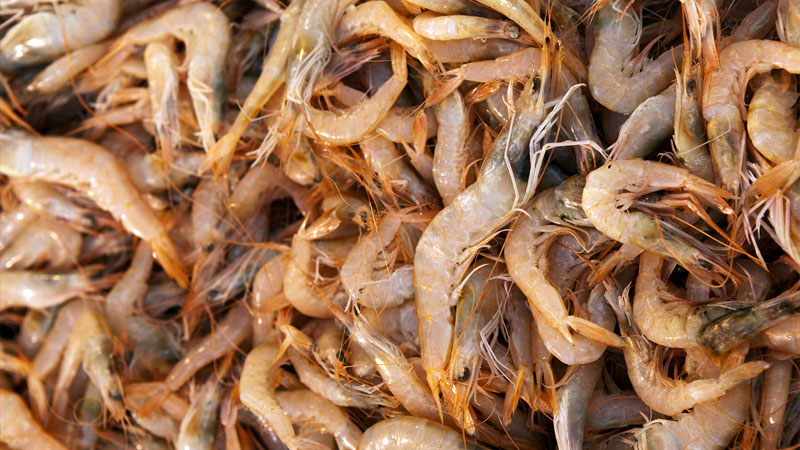Exclusive content

Venezuela is on track to close 2024 with a shrimp production of 100,000 metric tons, positioning itself among the top ten shrimp exporters globally.
Environmental Concerns Amidst Economic Expansion
Despite facing environmental and economic challenges, Venezuela’s shrimp industry has seen exponential growth over the past 25 years. Most shrimp farms are situated on the eastern shore of Lake Maracaibo, an area marred by oil spills that have adversely affected marine ecosystems and water quality.
To address environmental issues, the industry has embraced sustainable production systems like the Recirculating Aquaculture System (RAS), which minimizes reliance on lake water and utilizes probiotics to enhance shrimp health. These advancements have led to shorter growing cycles and higher shrimp density per hectare.
Certification and Market Growth
Eleven Venezuelan shrimp companies have obtained certification from the Aquaculture Stewardship Council (ASC), signifying adherence to rigorous standards encompassing worker welfare, community engagement, resource efficiency, and environmental stewardship. In 2023, shrimp exports from Venezuela amounted to USD 214 million, with key markets including Holland, France, Spain, and an emerging market in China.
Fernando Villamizar, president of the Western Shrimp Producers Association (Asoproco), anticipates a significant production increase in 2024, projecting 60,000 metric tons, a 50% rise from 2023. However, producers face challenges such as securing stable diesel and electricity supplies, essential in a country prone to blackouts and with paralyzed refineries. Additionally, they advocate for a 50% reduction in export taxes to enhance competitiveness.
Call for Investment and Policy Support
Investment in aquaculture research is deemed critical for further progress. Experts emphasize the necessity of coordinated efforts among academia, producers, and the State to enhance efficiency and sustainability in shrimp farming. Stability in regulatory policies and the inclusion of marine-coastal concessions are identified as key factors to propel the sector forward.